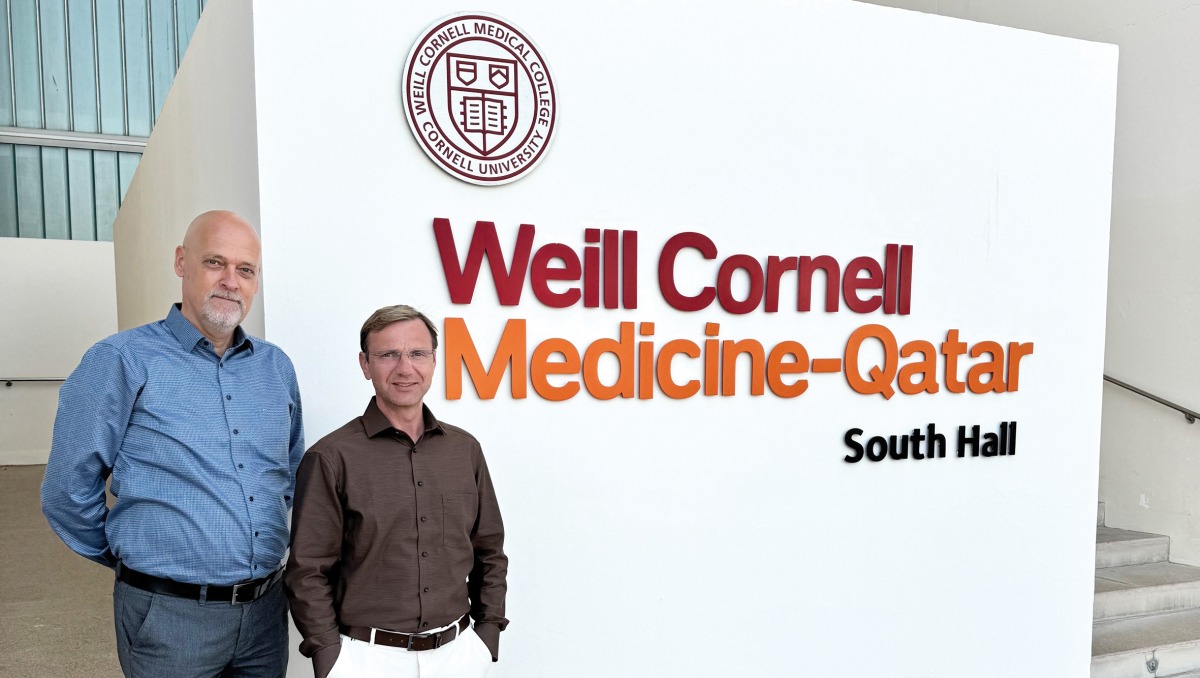Researchers at Weill Cornell Medicine-Qatar (WCM-Q) have introduced advanced analytical tools to Qatar for discovering links between genetic variations, proteins, and diseases. Dr. Karsten Suhre and Dr. Frank Schmidt used the Proteograph Product Suite to analyze blood samples from over 320 individuals in Qatar. This tool allowed them to quantify more than 18,000 peptides from over 3,000 proteins, enhancing Qatar’s status as a leader in proteomics.
According to lead author Dr. Suhre, understanding genetic diseases requires more than identifying genetic variations; it involves understanding how genes influence protein synthesis, quantities, and functions. By analyzing the relationship between genetic variations and protein effects, researchers can gain insights into disease mechanisms and potential drug targets for treatment. The study, published in Nature Communications, contributes to a deeper understanding of genetic diseases and potential treatment strategies.
Dr. Schmidt, Director of the Proteomics Core at WCM-Q, explained the complexity of investigating proteins in human tissue like blood. The process involves intricate chemistry, mass spectrometry, and computer analysis to sort through vast amounts of information. The Seer Proteograph platform was shown to improve accuracy and quantity of protein analysis, making it a valuable tool for researchers studying diseases and potential treatments.
This research puts Qatar on the map as a hub for advanced proteomic studies, thanks to the efforts of Dr. Suhre, Dr. Schmidt, and their colleagues at WCM-Q. By using cutting-edge analytical tools like the Proteograph Product Suite, researchers can delve deeper into the relationships between genetic variations, proteins, and diseases. This knowledge is crucial for developing new therapies and improving patient outcomes in complex diseases.
The significance of this study lies in its potential to revolutionize the way genetic diseases are understood and treated. By unraveling the complex interactions between genes, proteins, and diseases, researchers can identify novel targets for drug therapy and develop more effective treatments. The use of advanced tools like the Proteograph Product Suite opens up new possibilities for precision medicine and personalized healthcare in Qatar and beyond.
In conclusion, the collaboration between WCM-Q researchers and Seer has brought cutting-edge technology to Qatar, advancing the country’s role in proteomics research. The study published in Nature Communications demonstrates the impact of using advanced tools like the Proteograph platform for analyzing proteins and understanding disease mechanisms. This research has the potential to revolutionize healthcare by providing insights into genetic diseases and paving the way for targeted therapies tailored to individual patients.










